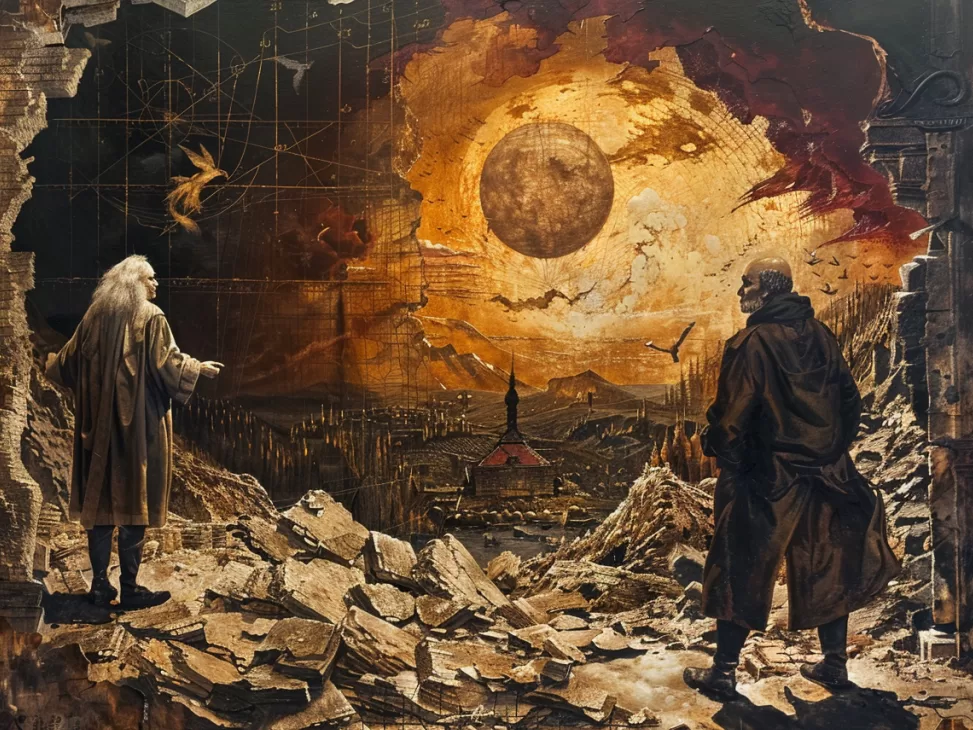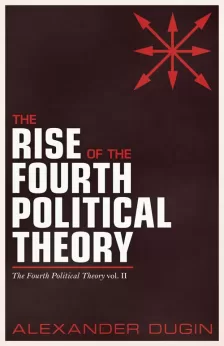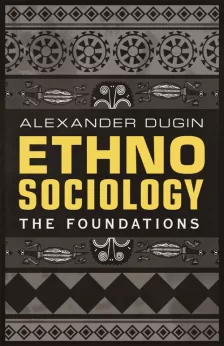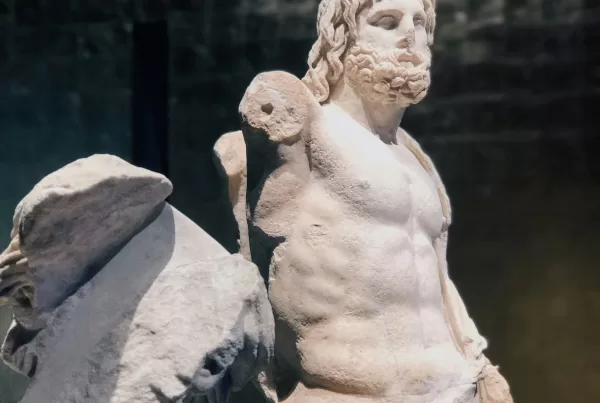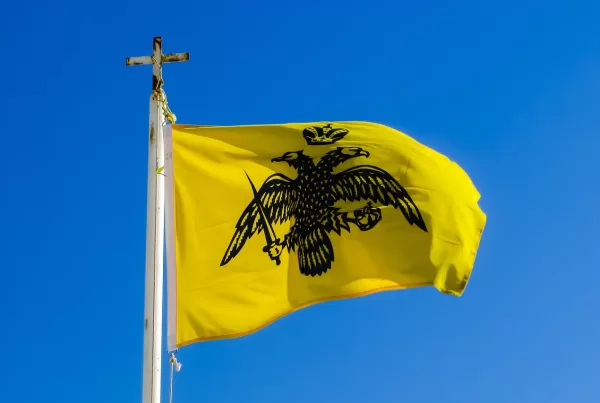Today, several planes converge into a unity, until the last moment having represented something autonomous:
- Religion, Theology, and Eschatology: Previously thought to be relegated to the outskirts of relevance, these aspects are now infiltrating every facet of life, from the broadest societal levels down to individual daily routines.
- Geopolitics: This sphere is witnessing the clash of fundamentally incompatible visions of global order, highlighting the stark contrasts in international relations and power dynamics.
- Political Ideologies: Ideologies are being turned inside out, leading to the emergence of unexpected and often forbidden hybrids, such as Nazi-liberalism, illustrating the complex and sometimes contradictory nature of contemporary political thought.
- Philosophical Processes: Here, the extreme declines in societal and moral values are juxtaposed against moments of profound insight and enlightenment, showcasing the dichotomy between despair and revelation.
- Cultural Dynamics: Cultures are experiencing a rapid freeze and melt process, moving at breakneck speed towards rigidity only to dissolve into fluidity again, symbolising the constant state of flux and transformation in cultural identity and expression.
All the different layers intersect in unique and unconventional ways, creating complex knots of meaning that are difficult to fully understand or define. This intricate interweaving leads to a collapse into conflict and a wild frenzy of technological advancements. However, war itself is a profound metaphysical issue that demands deep reflection, and technology presents similarly profound metaphysical challenges. This situation is intensely complex and far from being superficial; it is nonlinear and teeters on the brink of chaos due to its complexity. Traditional methods fall short when trying to unravel this complex web of meaning. Moreover, the reliance on conventional wisdom is now questioned due to a pervasive sense of doubt. Every attempt to construct a theoretical model bumps up against previously unaddressed shortcomings or outright mistakes from the past. The moment we begin to doubt the simplistic (and even outright false) notion of progress, our trust in the advancements made since then compared to what existed before is shaken. If an initial mistake was made, it will ultimately lead to disastrous consequences.
When did everything go wrong? In the era of the great geographical discoveries. By crossing the forbidden boundary of the Pillars of Hercules, Western Europe committed an act of irreversible transgression. This was fatal. The place of Atlantis is at the bottom.
The only generalising explanation that would cover the entire territory of unsolvable problems is the conclusion that five hundred years ago, Western Europe began to systematically lose its sanity. And it went mad because once having begun to go mad, eventually you will go mad. Thus, five anomalies were formed.
- Atheism and materialism in the scientific worldview, based on nominalism and a pathological Protestant ideology, were prevalent. Even then, it could have been concluded that the West was entering an Antichrist mode, with all things Western and modern irreversibly marked by it. The British pseudo-Empire marked the beginning of hypertrophied Atlanticism. The Anglo-Saxons embodied the biblical Leviathan. In the twentieth century, the baton was passed to the USA, but the dominance of the sea civilisation is England’s legacy.
- The Middle Ages and its Indo-European tri-functional ideology, Catholicism, and Empire were rejected and ridiculed, replaced by a form of capitalism that was pathological in all respects. Ideologically, it later diverged into liberalism (the main form of mental degeneration), nationalism, and an inverted version that acknowledged its foundational principles — socialism. Any ideological movement within the system of capitalism was doomed to mimicry and collapse. Capitalism is absolutely totalitarian. As Deleuze showed, capitalism culminates in schizophrenia.
- The philosophy of the modern era split (without warning) into an eccentric continuation of the classical tradition and into destructive perversions in solidarity with materialism and the externalism of science. This caused systematic confusion — a semantic shift in interpretations. Thought struggled in the nets like a deer, sometimes breaking through. But where there was breakthrough and where agony, no one reliably knew; often everything appeared to be strictly the opposite.
- Culture began to transition into civilisation (according to Spengler), cooling down but not without excesses — from time to time, an unpredictable genius discerned the essence of the thickening darkness and pierced it with a shining needle. Overall, culture was deliberately sliding into hell.
Russia suddenly found itself at war with all this — without wishing, understanding, preparing, or expecting it at all. Russia was placed by an invisible hand in the position it now finds itself. Now, against all odds, we must — institutionally! — respond to all the challenges of the civilisation of the Antichrist, including the challenge of technology. All the electronic devices with which the West has equipped humanity turned out to have a catch — through them, it turns out, someone unknown collects information about everyone in order to then rule unchallenged.
What people hide the most are their sins. They are of interest to Big Brother. He records them and lets them in when needed. Techno-dependence is the most perfect tool of the devil and his civilisation. We rejoice in digitalisation — we help the devil rule us. But what are oceans of sins if not a field of madness? The cycle of hell construction is almost complete. In its way — only our desperate Special Military Operation. Well, how do you propose we interpret it?
